Keywords: Human Rights Commission
There are more than 200 results, only the first 200 are displayed here.
-

AUSTRALIA
- Samuel Dariol
- 21 September 2016
10 Comments
In the last week Turnbull has lauded, as the world's best refugee policy, a system that has resettled no refugees over three years. Dutton has stated that asylum seekers will continue to be processed in Nauru for decades, and described the Australian policy, of which detention on Nauru is part, as compassionate and effective. These comments follow recent reports by NGOs Save the Children and UNICEF, as well as the Australian Human Rights Commission, on offshore detention. Both urge an end to it.
READ MORE 
-
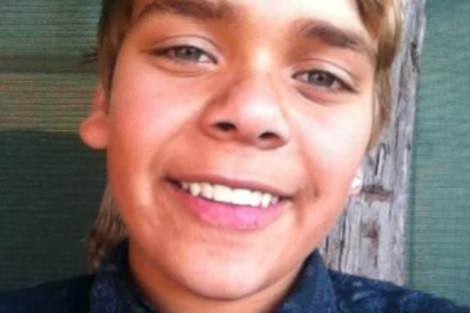
AUSTRALIA
- Kate Galloway
- 06 September 2016
5 Comments
This is the scandalous state of Indigenous affairs in Australia. Aboriginal and Torres Strait Islander people and their communities literally face a life and death struggle against the state itself. These are not isolated incidents. They represent the intrinsic failure of our society to heed the concerns of communities themselves, and to engage with fellow citizens in a dignified and respectful way. The failure is so grave that state treatment meted out to Indigenous Australians is actively harmful on a large scale.
READ MORE 
-
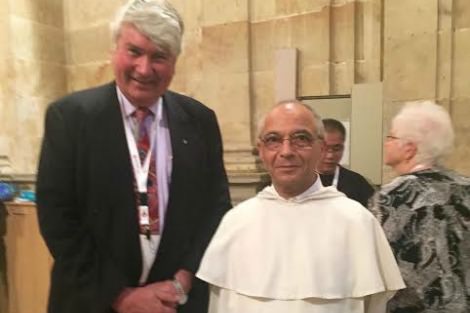
INTERNATIONAL
- Frank Brennan
- 05 September 2016
1 Comment
'I am a Jesuit amongst Dominicans contemplating the Church's view of human rights. I am a human rights practitioner rather than a theologian, aware that human rights discourse is increasingly more universal and secular. Contemplating, preaching and enacting human rights in the 21st Century Church and World, I come asking two questions.' Frank Brennan's keynote presentation in Salamanca Spain to the International Congress of Dominicans in the Promotion and Defence of Human Rights: Past, Present, Future on the occasion of their 800th anniversary.
READ MORE
-

AUSTRALIA
- Kate Galloway
- 26 August 2016
15 Comments
Oliver Twist is still used to aid understanding of the trauma arising from poverty, and the suffering of children at the hands of individuals and within institutional settings. In broader Australian society we assume Dickensian attitudes to children have evolved. Aligned with the sentiments behind child protection, society's image of children and childhood is idyllic. Yet beneath this veneer lies a substratum of deeply ambivalent, even malevolent, attitudes towards children with a distinctly Dickensian flavour.
READ MORE 
-

RELIGION
Pope Francis is determined to highlight the opposition of Christian social thinking to the tenets of neoliberalism or market fundamentalism, an ideology which assumes that free markets of themselves will produce the best outcome, and which pushes aside considerations of social or distributive justice. It is unlikely Francis would be waving the flag of social justice so boldly on the world stage had Pope Leo XIII not written his famous social manifesto, Rerum Novarum, 125 years ago.
READ MORE 
-
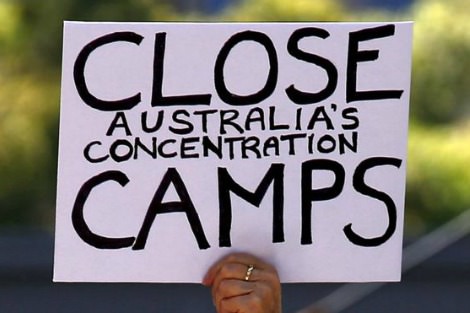
INTERNATIONAL
- Frank Brennan
- 28 April 2016
33 Comments
A bench of five justices of the Supreme Court of Justice, the highest court in Papua New Guinea, has unanimously ruled that the detention of asylum seekers on Manus Island is unconstitutional. Yet again, Australia has been complicit in its Pacific neighbours (PNG and Nauru) prostituting their Constitutions and undermining the rule of law in exchange for a fistful of dollars, with hapless asylum seekers, most of whom are ultimately proved to be refugees, being left to languish.
READ MORE 
-
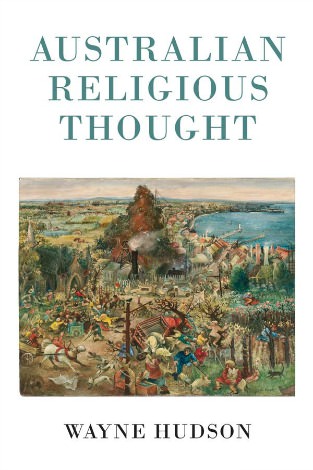
RELIGION
- Frank Brennan
- 22 March 2016
6 Comments
I offer no public judgment of Pell, and unlike many other commentators I'll await the findings of the royal commission. I have however been outspoken about his right to a fair hearing and natural justice, not because I am a priest but because I am a human rights lawyer who cares about the universal application of the rule of law. It is when a representative of institutional religion like Pell taps into the generic religious sensibility or moral consciousness that the real work of Australian religious thought is done.
READ MORE
-
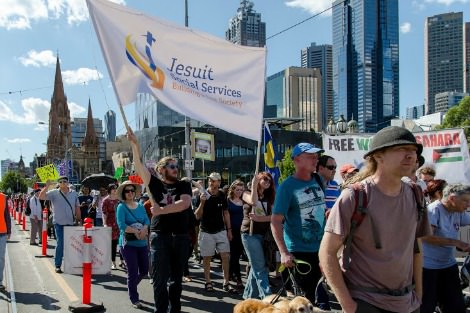
AUSTRALIA
- Moira Rayner
- 22 March 2016
18 Comments
When I received my invitation to 'lead' the Palm Sunday Walk for Refugees my first response was to ignore it. This was partly ego and partly disillusionment. It's true that in Melbourne at least 6000 people walked or struggled or strode along Spencer Street. But I no longer believe marches for huge national issues have any effect on local powerbrokers. I believe as Saul Alinsky said that the most powerful force for change is local activism on local issues and generational organisation from the grass roots up.
READ MORE 
-
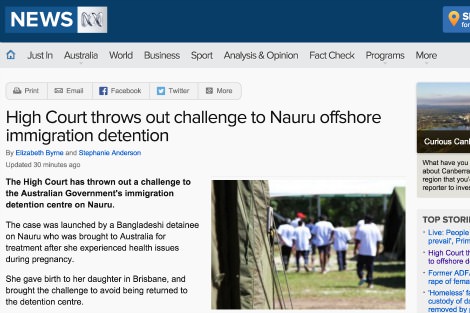
AUSTRALIA
- Frank Brennan
- 04 February 2016
24 Comments
Following Wednesday's High Court decision, the moral depravity of Australian funded offshore detention of asylum seekers, including children, is to continue. There is no joy to be found in our High Court applying a Constitution even more bereft of human rights protections than that of Nauru. It's time for our politicians to address the political and moral question: what purpose is actually served by sending this mum and her baby back to Nauru, when the boats have already stopped and will stay stop?
READ MORE 
-

RELIGION
- Frank Brennan
- 25 January 2016
22 Comments
Hailing from Argentina, Francis puts his trust neither in ideological Communism nor in unbridled capitalism. We need to enhance international security, building the rule of law within multilateral organisations, and fostering the climate for investment sensitive to the triple bottom line - economic, social and environmental. I return from Rome grateful that we have a pope prepared to open these questions, accompanied by senior prelates happy to mix it with business and community leaders.
READ MORE 
-

AUSTRALIA
- Frank Brennan
- 15 January 2016
9 Comments
It is now more than three years (and three prime ministers) since the expert panel set up by the Gillard government reported on how the Constitution might be amended to provide recognition of Aboriginal and Torres Strait Islander peoples. When I read the report, my heart sank. It had put forward a comprehensive, but unachievable and unworkable proposal for change. The lesson from 1967 is that a modest change carried overwhelmingly by the Australian people provides the impetus for change.
READ MORE 
-

MEDIA
- Moira Rayner
- 13 January 2016
5 Comments
Annabel Crabb chaired it all really well, but the next day I realised that not only our Foreign Minister, but not one panelist, got one question about their extraordinary achievements. Bishop was managing partner of a big law firm. She has unique experiences and must have views on the world's problems and their impact on Australia. But nobody asked.
READ MORE 